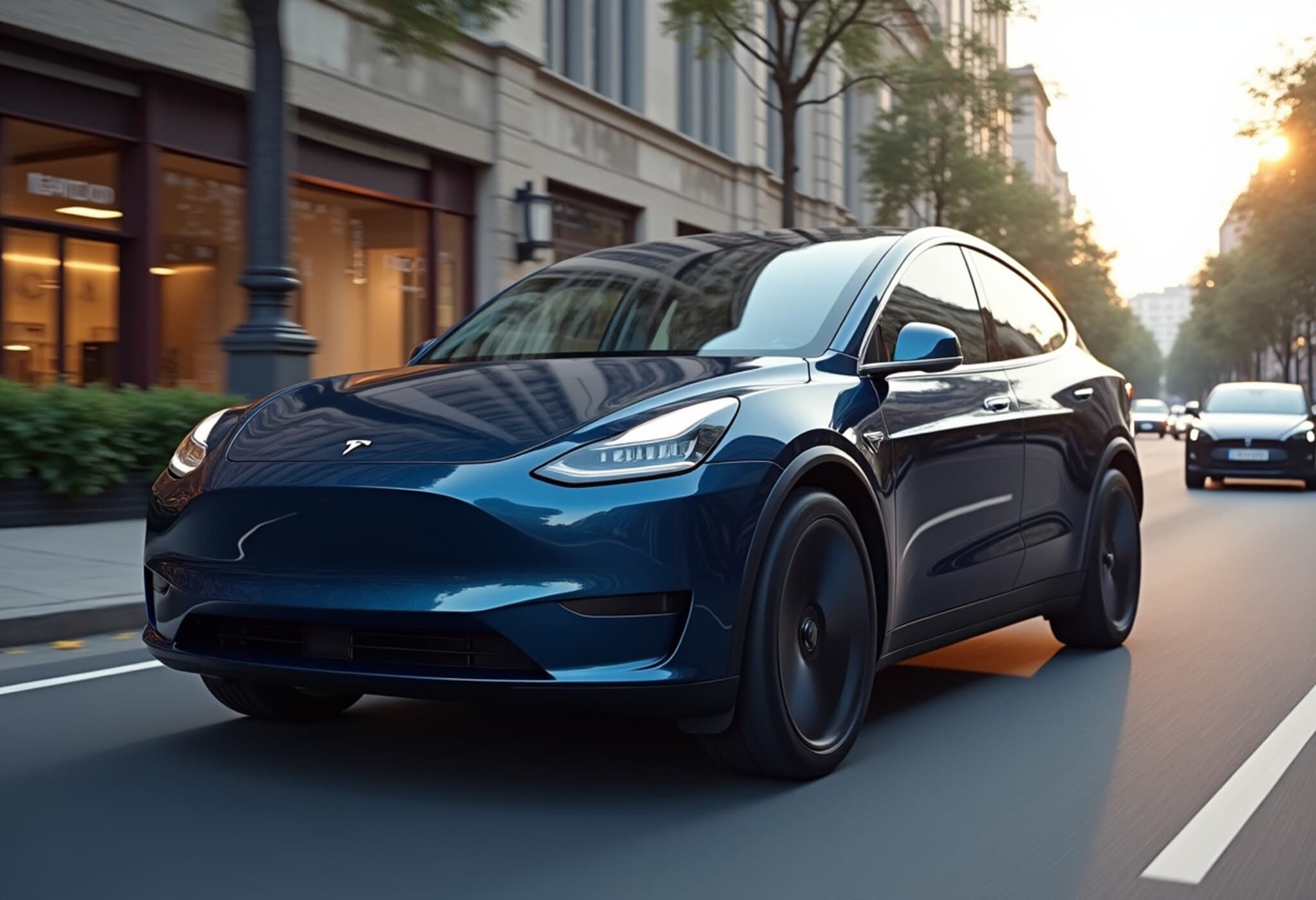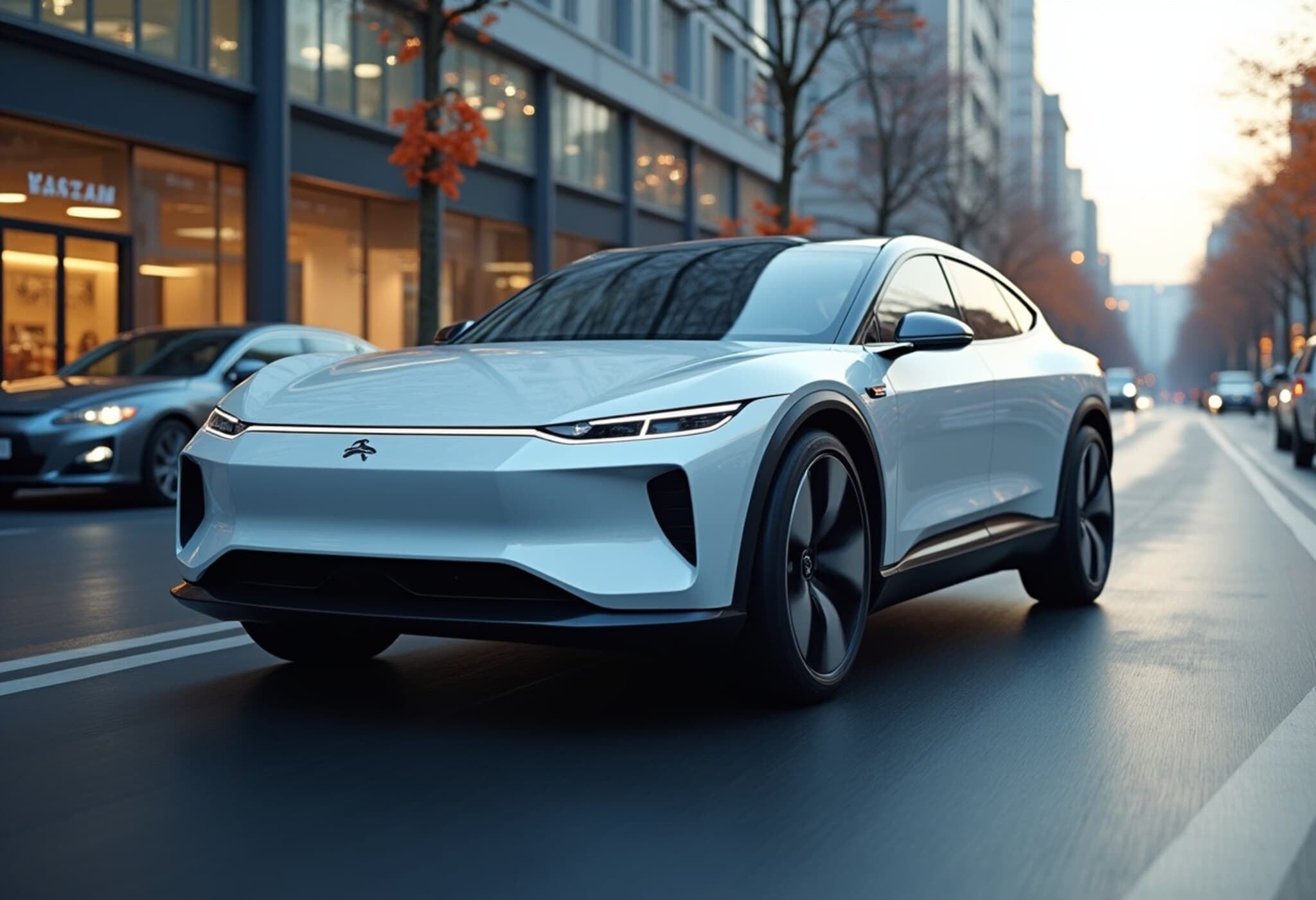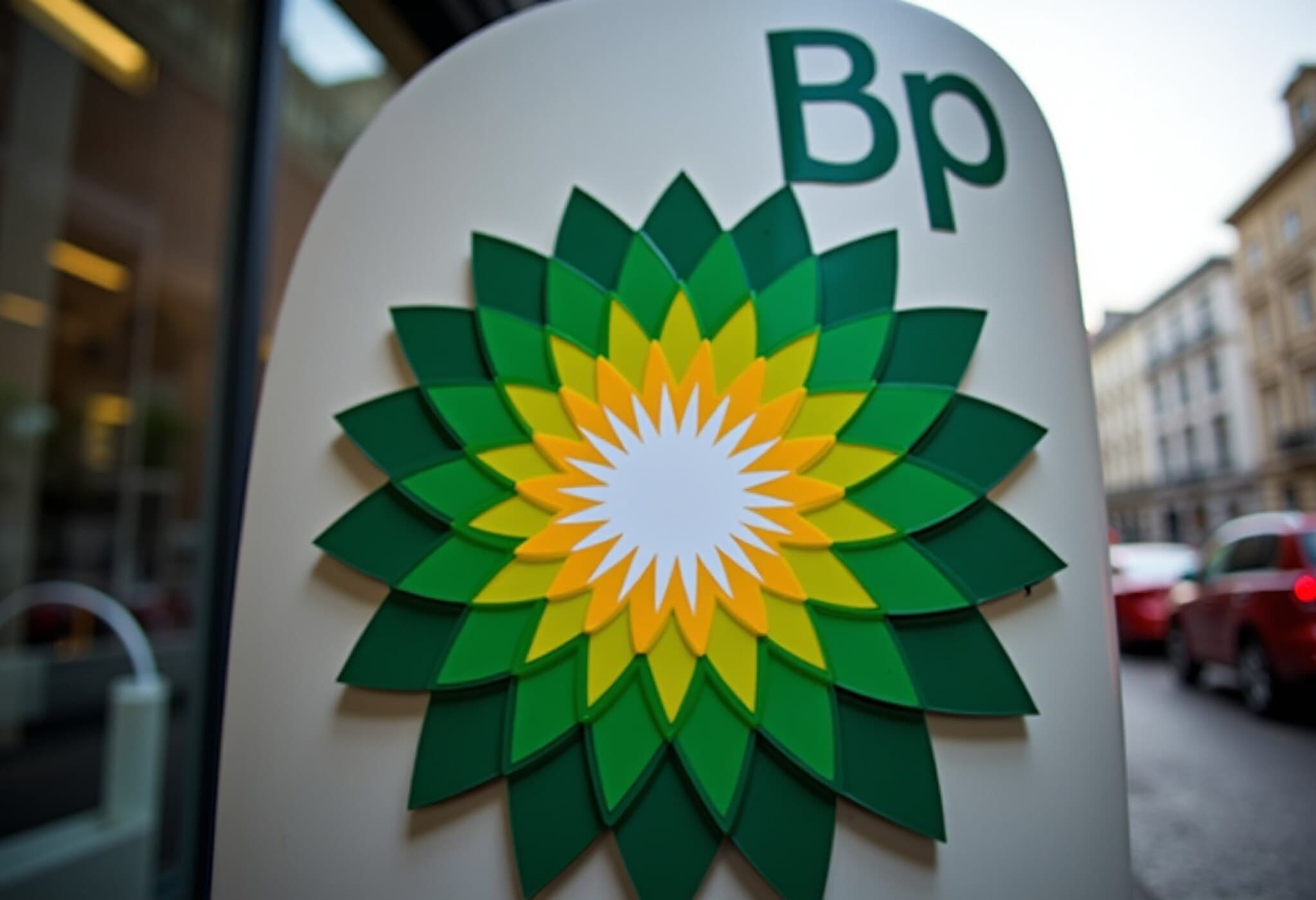Renault’s Stock Takes a Sharp Hit Amid Revised Financial Outlook
Shares of French automotive giant Renault tumbled by as much as 17% on Wednesday, marking their steepest drop since March 2020. This plunge came shortly after the company announced a significant downgrade to its 2025 financial targets alongside leadership changes that signal a challenging path ahead for the carmaker.
Key Financial Adjustments and Their Implications
In an updated guidance released Tuesday evening, Renault lowered its operating margin forecast to around 6.5% for this year, a notable decline from the previous outlook of 7% or more. Furthermore, the company narrowed its anticipated free cash flow to between 1 billion and 1.5 billion euros, down from the earlier estimate of at least 2 billion euros.
This moderation in profit expectations reflects broader pressures facing the auto industry—including persistent supply chain disruptions, shifting consumer demand in Europe, and intensifying global competition, especially from emerging Chinese electric vehicle manufacturers.
Leadership Transition: Duncan Minto Steps In as Interim CEO
Adding to market unease, Renault named Duncan Minto, currently the Chief Financial Officer, as the interim Chief Executive Officer following the exit of Luca de Meo last month after five years leading the firm. Minto will oversee daily operations in coordination with Jean-Dominique Senard, who will serve as Chairman of Renault s.a.s., the company’s operating entity, during this transitional phase.
Industry analysts suggest this management shuffle, although stabilizing in the short term, highlights the underlying challenges Renault must navigate amidst a fast-evolving automotive landscape.
Analysts React: A Mixed Outlook Amid Rising Challenges
- Deutsche Bank lowered its Renault target price from 55 euros to 47 euros, acknowledging the revised margin guidance but cautioning that the profit warning is a blow to investor sentiment.
- JPMorgan emphasized that Renault’s new leadership will encounter headwinds not only from tepid European demand but also ongoing trade issues and surging competition from Chinese manufacturers expanding their foothold in international markets.
Contextualizing Renault’s Struggles in the Larger Automotive Sector
Renault’s downgrade and leadership shift exemplify the hurdles European automakers face in a market rapidly transitioning towards electrification and digital technology. With new regulations tightening emissions standards and consumer preferences evolving, companies must balance innovation investments with operational prudence.
Moreover, geopolitical tensions, such as those between the West and China, further complicate supply chains and market access—thereby impacting traditional car manufacturers' profit margins globally.
Looking Ahead: What to Watch for at Renault’s Earnings Release
Investors and industry watchers are poised for Renault’s half-year earnings report scheduled for July 31. This will provide deeper insights into how the company is managing current challenges, its strategic priorities under interim leadership, and whether it remains on track to recover in future fiscal periods.
Editor’s Note
Renault’s sharp stock decline and management changes underscore the volatile environment European carmakers currently face. This episode raises crucial questions about the agility and resilience of legacy automotive brands amid sweeping industry disruption. Will interim leadership steer Renault toward a successful transformation, or are deeper structural reforms needed? As the global race for electric vehicle dominance intensifies, how companies like Renault adapt will profoundly shape both their future—and the broader mobility landscape.



















